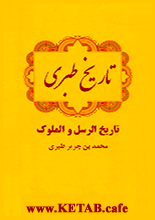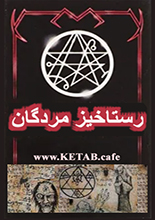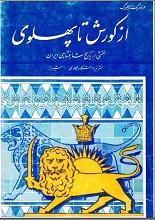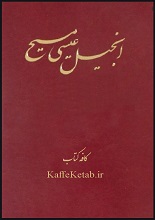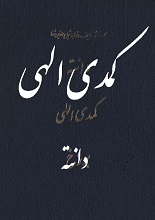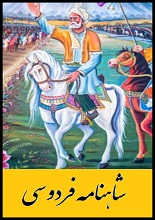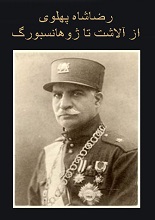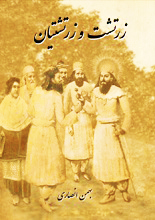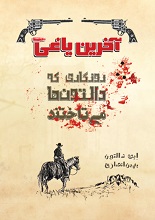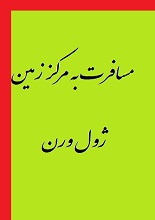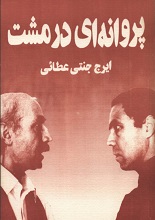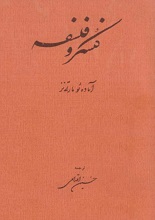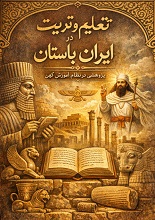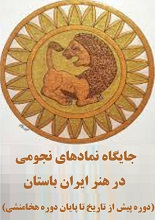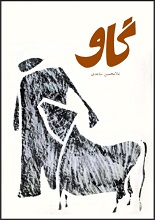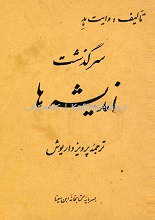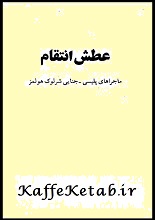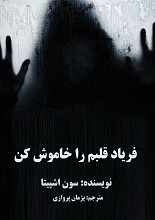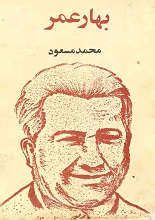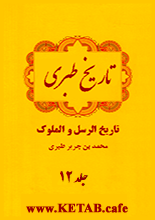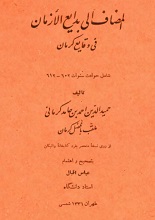شورش مشتزنها در چین که با نامهای قیام بوکسورها و جنبش ایهتوان نیز شناخته میشود، جنبشی میهنپرستانه بود که توسط انجمن هماهنگی درستکار در سالهای بین ۱۸۹۸ و ۱۹۰۱ در چین رخ داد.
این جنبش بر ضد امپریالیسم خارجی و مسیحیت بود. این برپاخاستن در جواب تاثیرگذاریهای بیگانگان در چین بود که ناراحتی معترضان دلایل گستردهای از تجار تریاک، تهاجم سیاسی و دخالتهای اقتصادی گرفته تا تبلیغات مبلغین مسیحیت را در برمیگرفت.
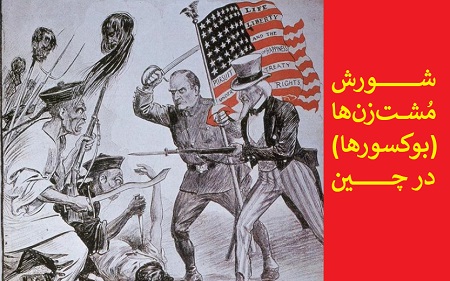
همهچیز درباره شورش مشتزنان در چین
در سال ۱۹۰۰ میلادی، جنگجویان مشتزن، خارجیهای شهر پکن را ترسانده و آنها را مجبور به پناه گرفتن در منطقه سفارتخانههای شهر پکن کردند. این اقدام باعث شد تا ملکه “تزی شی” که در ابتدا در تردید بود، با پافشاری محافظهکاران دربار امپراتوری علیه بیگانگان اعلام جنگ کند.
دیپلماتها، مردمان غیرنظامی خارجی، سربازان و مسیحیان چینی در منطقه سفارتنشین پکن به محاصره نیروهای ارتش امپراتوری درآمدند که این محاصره ۵۵ روز طول کشید. حصر هنگامی پایان یافت که اتحاد هشت کشور اتریش-مجارستان، فرانسه، آلمان، ایتالیا، ژاپن، روسیه و ایالات متحده آمریکا نزدیک به ۲۰،۰۰۰ نیروی نظامی به چین فرستادند و پس از شکست دادن ارتش امپراتوری چین، پکن را گرفتند.
در نهایت با حمله تمامی نیروهای اتحاد شورش مشتزنها درهم کوبیده شد. این شورش از همان ابتدا در آمریکا (که منافع اقتصادی خود را در خطر میدید) به جنگی مهم و محرک تبدیل شد.

پوستر تبلیغاتی ارتش امریکا بر علیه شورش مشتزنها در چین
ایالات متحده؛ 1900
The Boxer Rebellion in China
The Boxer Rebellion, also known as the Yehtuan Movement, was a patriotic movement organized by the Righteous Coordination Association between 1898 and 1901 in China.
This movement was against foreign imperialism and Christianity.
In 1900, fist fighters terrorized foreigners in Beijing and forced them to take refuge in the embassy area of Beijing. This action caused the queen “Tezi Shi”, who was originally a doddle, to declare war against the foreigners with the insistence of the conservatives of the imperial court.
Diplomats, foreign civilians, soldiers and Chinese Christians were besieged by the imperial army forces in the embassy area of Beijing, which lasted for 55 days. Chinese government officials disagreed with each other over whether to keep foreigners alive or kill them, which caused a conflict between the two groups.
The siege ended when the Eight-Nation Alliance sent nearly 20,000 troops into China and captured Beijing after defeating the Chinese Imperial Army.
The Fist Protocol ended the uprising on September 7, 1901, and imposed heavy penalties on the Chinese government.
Boxers believed that through hard training, diet, martial arts, and prayer, they could achieve supernatural qualities such as flying. They also believed that millions of soldier spirits would come from the heavens to help them clear China of aliens. The fighters were usually made up of farmers, villagers, and laborers who had suffered from natural disasters (such as floods), the spread of opium addiction, and who blamed Christians, Christian missionaries, and European immigrants for their misfortunes.
Finally, with the attack of all the forces of the alliance of eight countries, Austria-Hungary, France, Germany, Italy, Japan, Russia and the United States of America, the boxers’ rebellion was crushed.

چین؛ 1900 میلادی
عکسی از نیروهای سرکوبکننده “شورش مشتزنها” چینی که از هشت کشور به چین اعزام شدند
